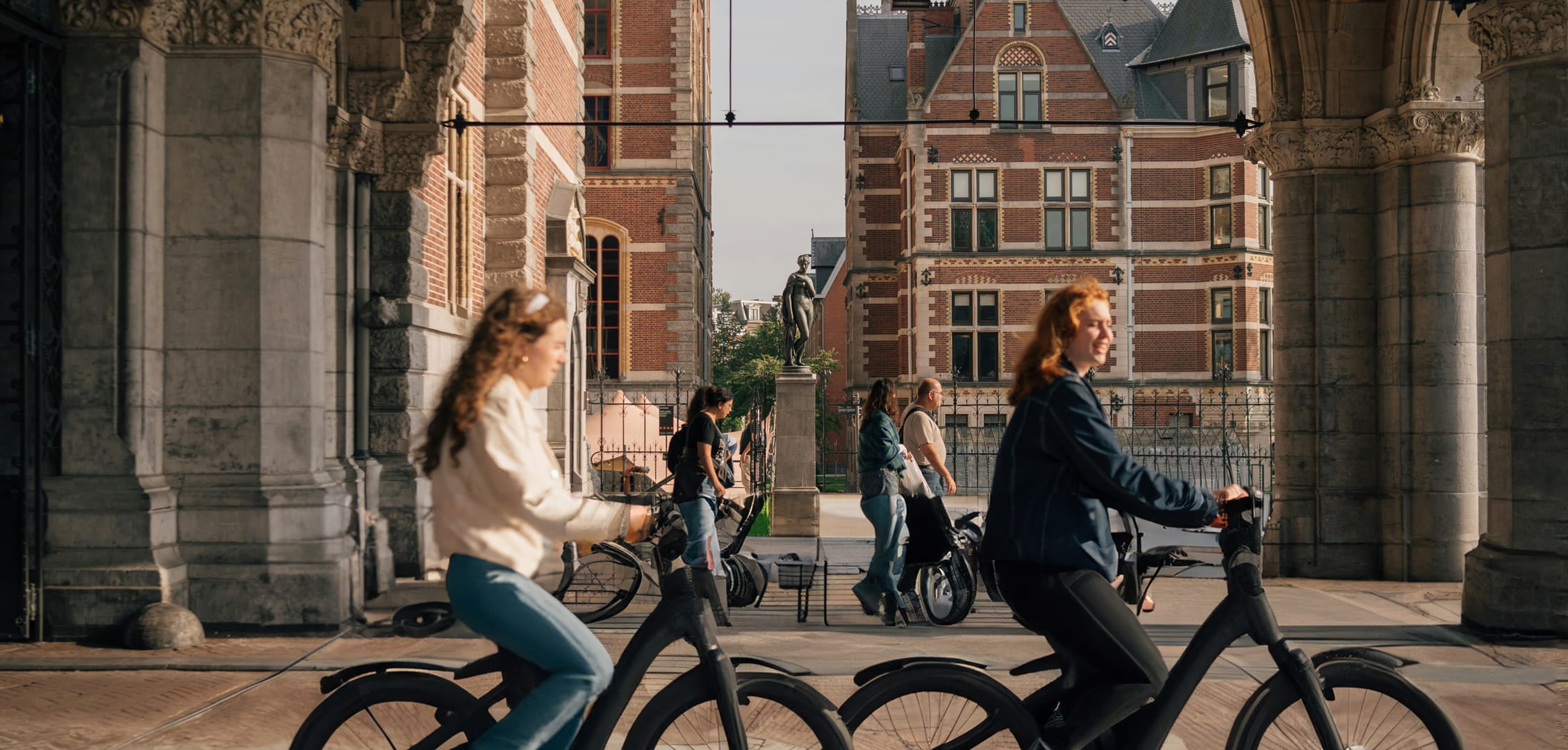
Amsterdam is set to begin trials for a remote e-bike speed control system designed to enhance safety on congested city bike paths. The innovative "intelligent speed adjustment" technology will automatically reduce the speed of e-bikes in critical areas such as near schools, busy intersections, or construction sites.
The trial was initiated by Amsterdam's alderman, Melanie van der Horst, who experienced firsthand how the system curtailed her e-bike’s pedal assistance upon entering designated "vulnerable areas." Van der Horst expressed her anticipation for the city-wide test on a specific cycle route later this year, hopeful that it will lead to safer conditions across Amsterdam’s bustling bike paths.
Developed in collaboration with the Townmaking Institute and tech company Odido, this system represents a significant stride towards integrating advanced technology with urban mobility. During a demonstration, Van der Horst noted that the system reacted promptly when it detected potential hazards, such as a child playing nearby, by reducing her speed to 15 kilometers per hour.
Paul Timmer, an asset manager at the Townmaking Institute, emphasized that the system’s challenge lies more in gaining public acceptance than in technological deployment. He highlighted that most e-bike manufacturers use compatible systems, which simplifies integration.
In the Netherlands, e-bikes are permitted to assist up to a maximum speed of 25km/h. Recent measures have included the use of roller test benches by Dutch police to ensure compliance with speed regulations for e-bikes and other light electric vehicles. Moreover, in 2020, the Dutch government began funding projects to implement speed restrictions for e-bikes in urban areas to foster a more community-focused approach to travel.
The urgency for such innovations is underscored by Amsterdam's traffic statistics, which reveal that over half of the traffic victims last year were cyclists, with a significant proportion involving e-bikes. Van der Horst highlighted the risk posed by high-speed electric bikes, noting their potential to cause severe injuries in accidents due to their substantial weight and speed.
The pilot program is set to expand beyond Amsterdam, with future trials planned for major European cities such as Milan, Athens, and Munich. These trials will involve volunteers who will use an app to receive alerts about approaching speed-restricted zones. This app will complement a GPS-based system that enforces speed limits dynamically, ensuring e-bikes adhere to safe speeds in sensitive areas.
As the city anticipates the rollout of this trial, the initiative is viewed not only as a technological advancement but as a vital step towards redefining urban mobility and safety in Amsterdam and beyond.
